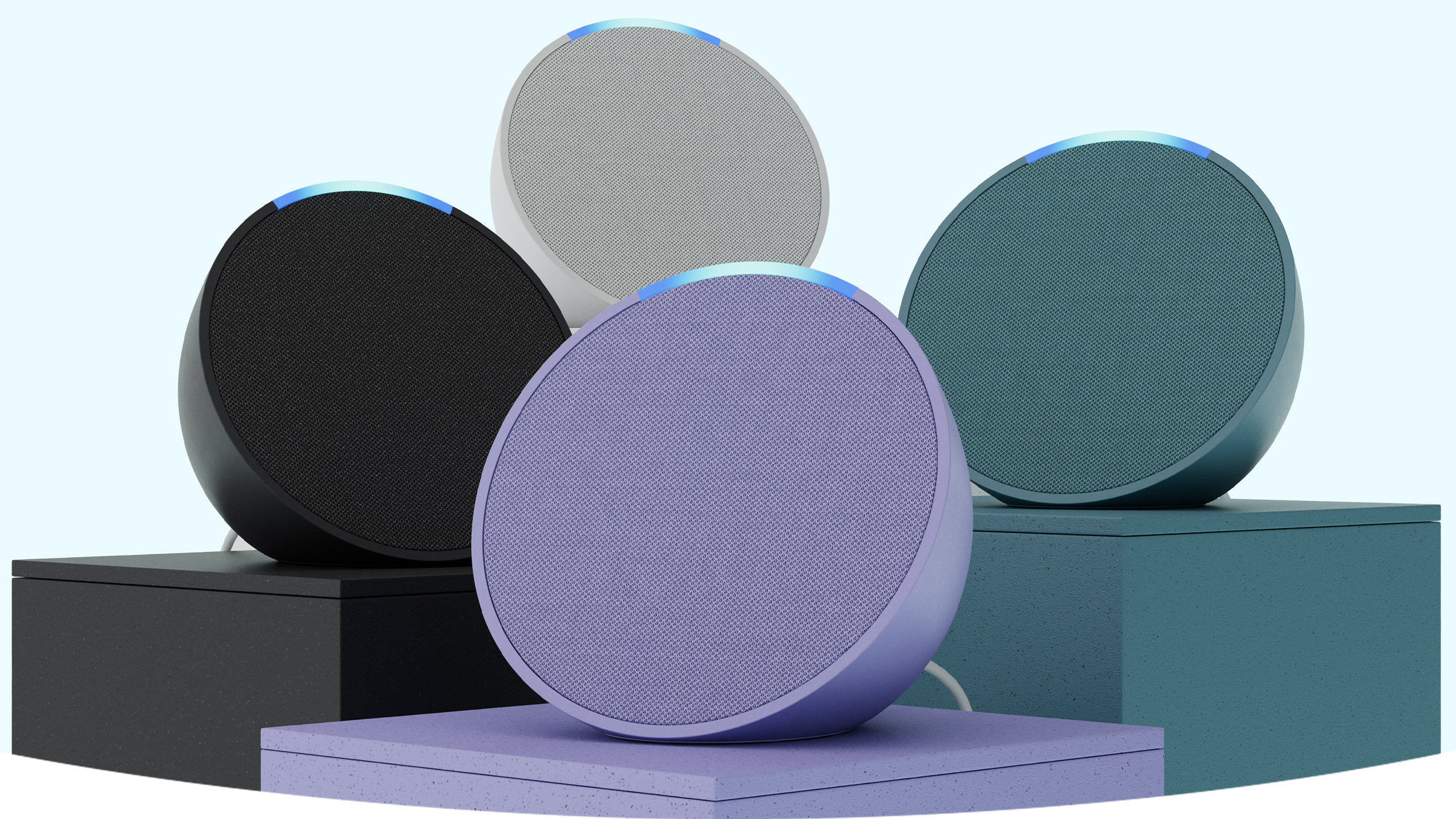We're all familiar with them — foods we think are healthy because we heard about them on the news or from a health-conscious friend. And no matter how much we may dislike them, we keep buying them because we think they're good for us.
Take swapping dairy milk for almond milk. Is liquid from nuts really nutritionally superior to milk from a cow?
Or splurging on Himalayan sea salt. Healthy habit or a bit of nonsense?
To answer some of those questions, we asked Andy Bellatti, a registered dietitian and the co-founder of the group Dietitians for Professional Integrity, for advice on which "health foods" are actually not worth eating.
SEE ALSO: I woke up at dawn to dance sober for 3 hours before work — and I've already signed up to do it again
DON'T MISS: What the author of 'Eat Fat, Get Thin' eats — and avoids — every day
Multivitamins
Close to half of American adults take vitamins every day. Yet decades' worth of research hasn't found any justification for our pill-popping habit.
We do need small amounts of vitamins to survive, of course — without vitamins like A, C, and E, for example, we'd have a hard time turning food into energy and could develop conditions like rickets or scurvy. But research shows we get more than enough of these substances from what we eat, so there's no need for a pill.
Almond butter
Everything from Gwyneth Paltrow's daily breakfast smoothie to the grocery store around the corner now seems to have almond butter, but the stuff is incredibly pricey.
So we asked Andy Bellatti whether there's any reason to use almond butter instead of plain old peanut butter, which is roughly four times cheaper.
"It can just be peanut butter!" Bellatti said. "If the only ingredients are peanuts and salt, that totally works. It's still going to have your protein, healthy fats, and vitamin E."
Juice
When you juice fresh fruits and veggies, you remove their fiber, the key ingredient that keeps you feeling full and satisfied until your next meal.
What you keep is the sugar. In the short term, a high-sugar, low-protein diet means hunger pangs, mood swings, and low energy. In the long term, you can lose muscle mass, since muscles rely on protein.
See the rest of the story at Business Insider
from Strategy http://ift.tt/2nksLLP
via IFTTT



No comments:
Post a Comment